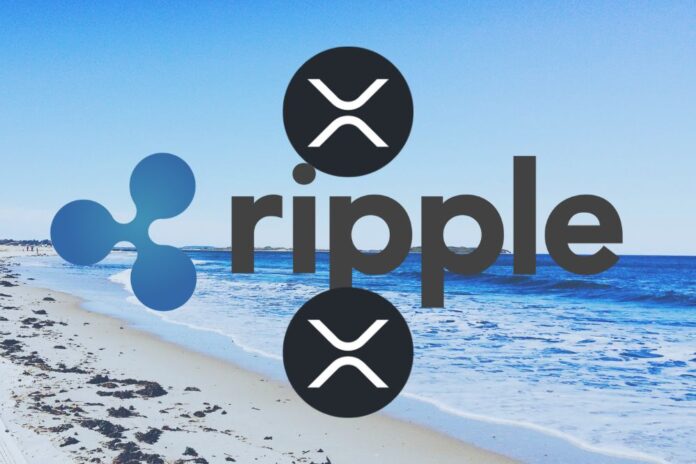Following the July 13th regulatory clarity obtained from the US court, Ripple reaffirms the position of XRP as a bridge currency to fiat. The company took to social media to restate its argument, highlighting the benefits of its payment solution for cross-border settlements.
Although the U.S. SEC has taken a grand step in appealing the ruling, XRP remains a non-security asset until the court says otherwise.
XRP’s Crucial Role in On-Demand Liquidity
Ripple underscores the significance of XRP in addressing the challenges faced by corporate businesses in conducting intercontinental transactions.
Read Also: Ripple Verdict Scores XRP Another Coveted Exchange Listing: Details
According to Ripple, institutions utilizing the On-Demand Liquidity (ODL) product leverage XRP as a bridge asset for various government-backed money pairs. While the US regulatory environment has posed obstacles to XRP’s role in this process, the July 13 court judgment declaring XRP as a digital asset has prompted Ripple to boldly reiterate XRP’s use in ODL.
⚡️ Speed
💡 Savings
🌟 LiquidityDiscover how our payments solution can minimize cross-border treasury management challenges for corporate enterprises, enable just-in-time treasury operations and more. https://t.co/w8oHRjE96F
— Ripple (@Ripple) August 15, 2023
However, it is important to note that Ripple’s sale of XRP to institutions remains a matter of ongoing debate within the US court system. Despite this, the XRP community no longer perceives it as a significant impediment.
Attorney Bill Morgan, a staunch supporter of XRP, pointed out that institutions utilizing Ripple’s ODL after purchasing XRP do so for the purpose of bridge currency transactions and related commercial reasons. He emphasized that these institutions did not acquire XRP solely for speculative purposes, challenging the notion put forth by regulators that XRP should be treated as a security contract.
Morgan expressed confidence that Ripple will successfully appeal the pending court case surrounding this matter. He rhetorically questioned how Ripple could not appeal the finding that XRP sales to ODL users are classified as investment contracts.
So institutions who use ODL and acquire XRP to use as a bridge currency may do so for these commercial reasons👇 not for investments with an expectation of profits from XRP price appreciation. How can Ripple not appeal the finding XRP sales to ODL users are investment contracts. https://t.co/4f7LoiHFZI pic.twitter.com/6xffM6ZhD5
— bill morgan (@Belisarius2020) August 16, 2023
As Ripple reinforces XRP’s role as a bridge currency and legal battles continue, the focus remains on how regulatory clarity will shape the future of XRP and its utilization in cross-border transactions.
Read Also: Analyst: XRP Surging 568% to $3.30 Will Only Be the Start
Impact of the SEC Lawsuit on XRP
The SEC lawsuit against Ripple has had a significant impact on the price of XRP. The token has lost over half of its value since the lawsuit was filed in December 2020.
The lawsuit has also made it difficult for Ripple to attract new customers for its ODL solution. Some financial institutions are hesitant to use XRP because of the legal uncertainty surrounding the token.
However, Ripple remains optimistic about the future of XRP. The company believes that the recent court ruling will help to clear the way for the token to be used for cross-border payments.
If Ripple is successful in its appeal, it could lead to a surge in demand for XRP. The token could also become more widely accepted by financial institutions.
The outcome of the SEC lawsuit is still uncertain, but it is a major event in the history of cryptocurrency. The case could have a lasting impact on the regulation of cryptocurrencies and the future of XRP.
Follow us on Twitter, Facebook, Telegram, and Google News



